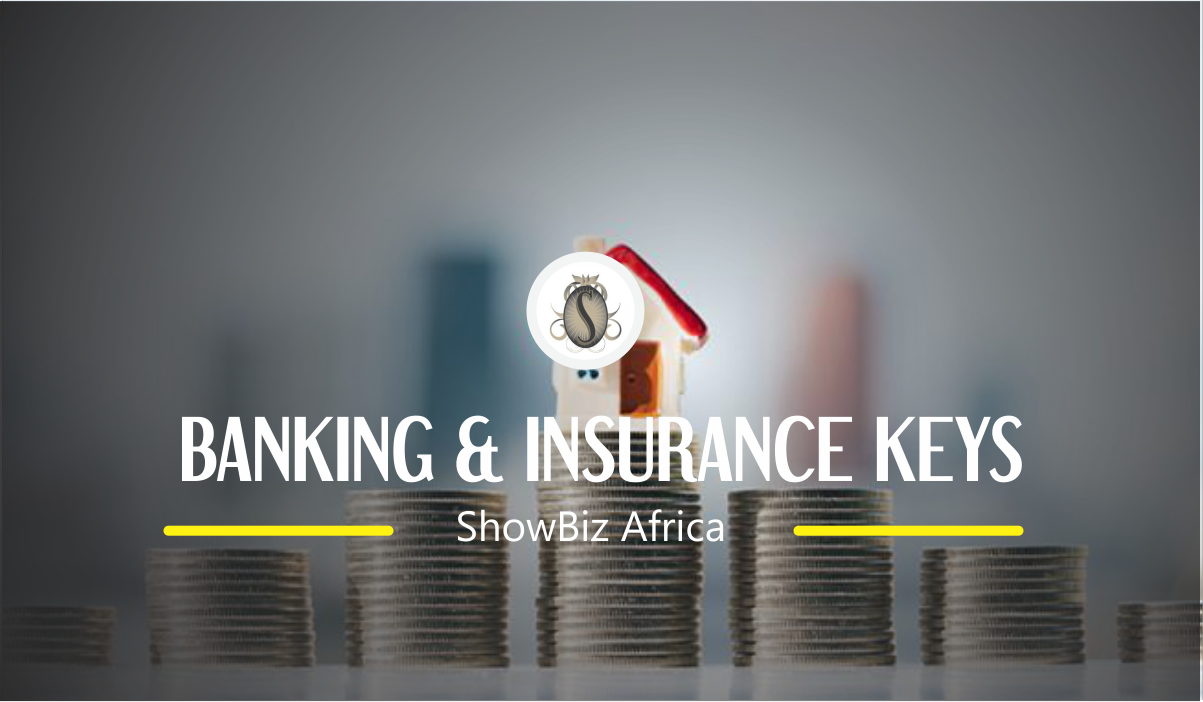Private student loan defaults: When you take out a private student loan, you are entering into a legal agreement with a lender to borrow money for college or graduate school, and you promise to pay back the money with interest.
READ MORE: Can International Students Work in USA? Here are the 2 basic requirements.
However, circumstances such as financial hardships, unemployment, or unexpected expenses can sometimes make it difficult to keep up with your repayment obligations.
If you fail to make payments on your private student loan as agreed, you may default on the loan.
Here’s what you need to know about private student loan defaults:
1. Definition of Default: The definition of default can vary depending on the lender and the terms of your loan agreement. Typically, for private student loans, default occurs after a payment is missed for 90 to 120 days, but this period can be shorter or longer depending on your lender’s policies.
2. Immediate Consequences of Default: Once you default on a private student loan, several immediate consequences can occur: –
- Late Fees and Additional Charges: Late fees may be applied to your account, and the cost of collecting the loan (including legal fees) may be added to the total amount you owe.
- Acceleration of Debt:The entire balance of your loan, including interest and any fees, may become due immediately.
- Credit Impact: Defaulting on a private student loan can severely damage your credit score. Negative marks can stay on your credit report for up to seven years, affecting your ability to borrow money, rent an apartment, or even get certain jobs.
3. Long-term Impacts: The long-term impacts of defaulting on a private student loan include: –
Difficulty Borrowing Money:With a damaged credit score, it will be harder and more expensive to get loans, credit cards, or mortgages in the future. –
Legal Action: The lender may take legal action against you to recover the owed money, which could lead to wage garnishment or liens against your assets.
4. Options to Avoid Default: If you’re struggling to make your private student loan payments, it’s essential to take action before defaulting: –
Contact Your Lender: As soon as you realize you might have trouble making a payment, get in touch with your lender. Many lenders are willing to work with borrowers to adjust repayment plans. –
Consider Refinancing: Refinancing your loan with a different lender for a lower interest rate or more manageable payments might be an option.
Explore Forbearance or Deferment: Some lenders may offer forbearance or deferment options that allow you to temporarily suspend or reduce payments. Interest will likely still accrue during these periods, but it can provide short-term relief.
5. Recovery from Default: Recovering from a default on a private student loan can be challenging but not impossible.
You’ll need to work closely with your lender to understand your options, which might include establishing a new repayment plan, settling the loan for less than what’s owed, or consolidating the loan.
It’s also important to focus on rebuilding your credit. Defaulting on a private student loan can have severe and long-lasting consequences.
If you find it difficult to make payments, it’s important to take action early and speak openly with your lender to find out all available choices to avoid default.






